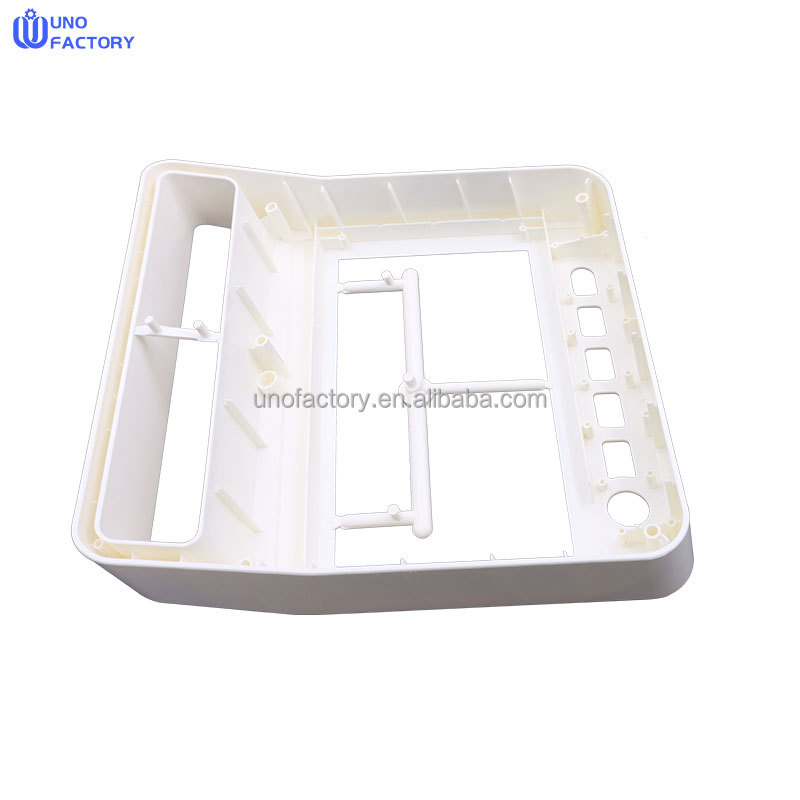Time to read: 6 min

Among the myriad of thermoplastic materials, polycarbonate (PC) and ABS stand out for their exceptional performance in manufacturing applications. PC is favored for its high impact resistance and optical transparency, while ABS is known for its greater rigidity and heat resistance.
In-Depth Analysis of Polycarbonate (PC):
Polycarbonates are thermoplastic polyesters renowned for their superior mechanical properties. Common PC brands include Lexan®, Makrolon®, and Palgard?. PC is produced through the reaction of phosgene with bisphenol A (BPA) or through the transesterification of BPA with diphenyl carbonate. The amorphous structure of PC endows it with excellent impact resistance and transparency, making it ideal for manufacturing bulletproof glass, medical devices, and safety equipment.
Comprehensive Introduction to ABS:
ABS is a durable, rigid, and dimensionally stable thermoplastic polymer. It is created by the polymerization of acrylonitrile and styrene in the presence of polybutadiene. By adjusting the proportions of each monomer, different grades of ABS can be produced, each offering varying mechanical properties. The high rigidity and scratch-resistant surface finish of ABS make it an excellent choice for automotive parts, office equipment, and children's toys.
Material Properties Comparison:
In terms of mechanical performance, PC has greater tensile strength, higher heat deflection temperature, and flexibility than ABS, while ABS has superior natural UV resistance and rigidity compared to PC. Additionally, both PC and ABS are fully recyclable, which allows them to be heated and reshaped or pelletized for later use.
Cost Analysis:
Cost-wise, PC is approximately 50% more expensive than ABS. Despite this, both materials are relatively inexpensive. PC-ABS blends are more cost-effective than using PC alone, as the addition of ABS reduces the cost per kilogram of material.
Sustainability Considerations:
In terms of sustainability, both PC and ABS can be chemically broken down, with PC even being able to decompose using a zinc-based catalyst. Pure BPA can be isolated through water recrystallization and drying cycles, producing environmentally friendly byproducts.
Conclusion:
When choosing between PC and ABS, consider the specific requirements of your project. If you need high transparency and impact resistance, PC may be the better option. However, if you prioritize cost-effectiveness and rigidity, ABS might be more suitable for your project.




